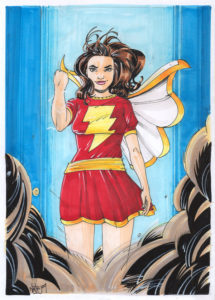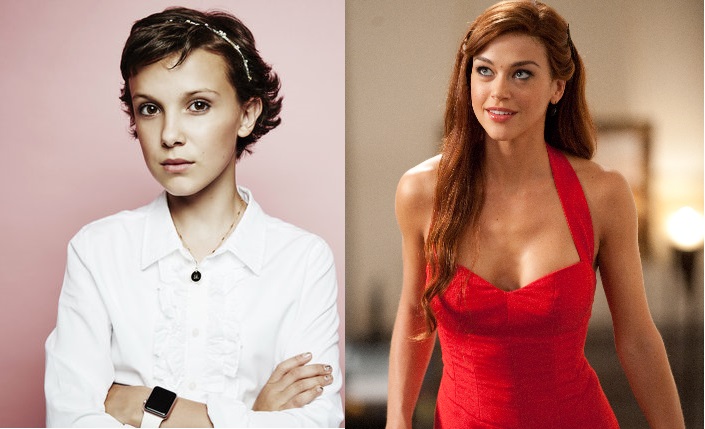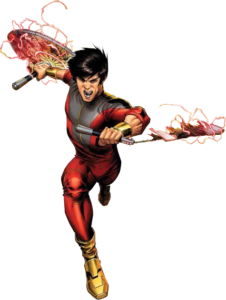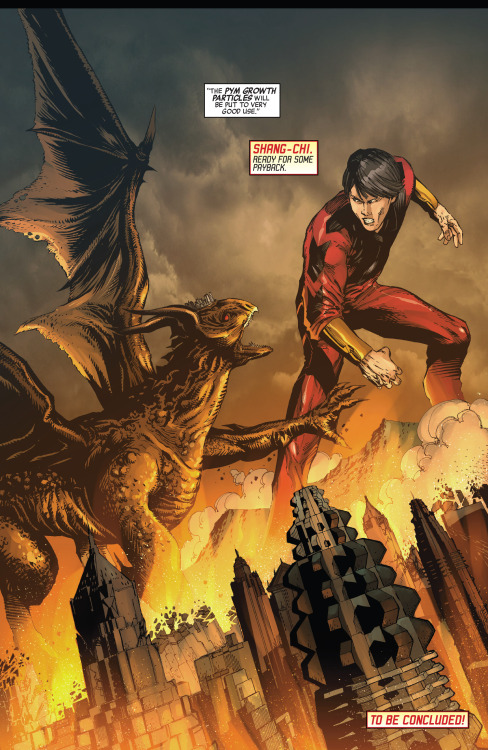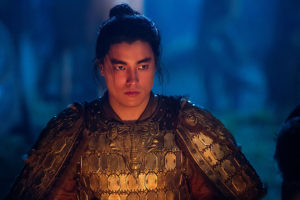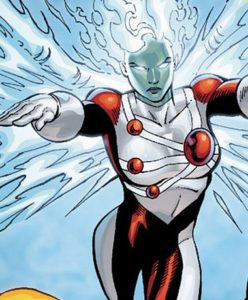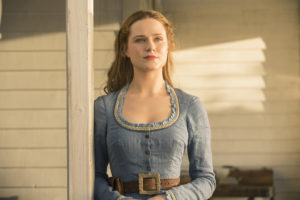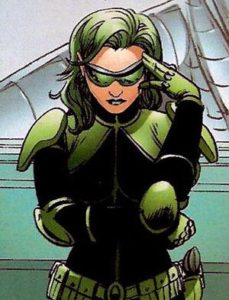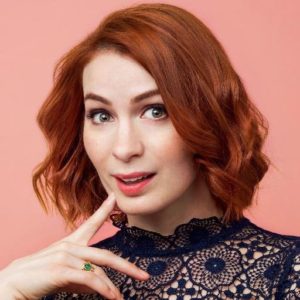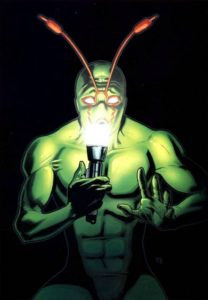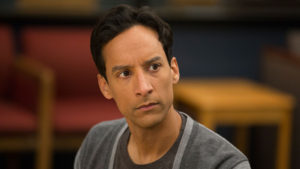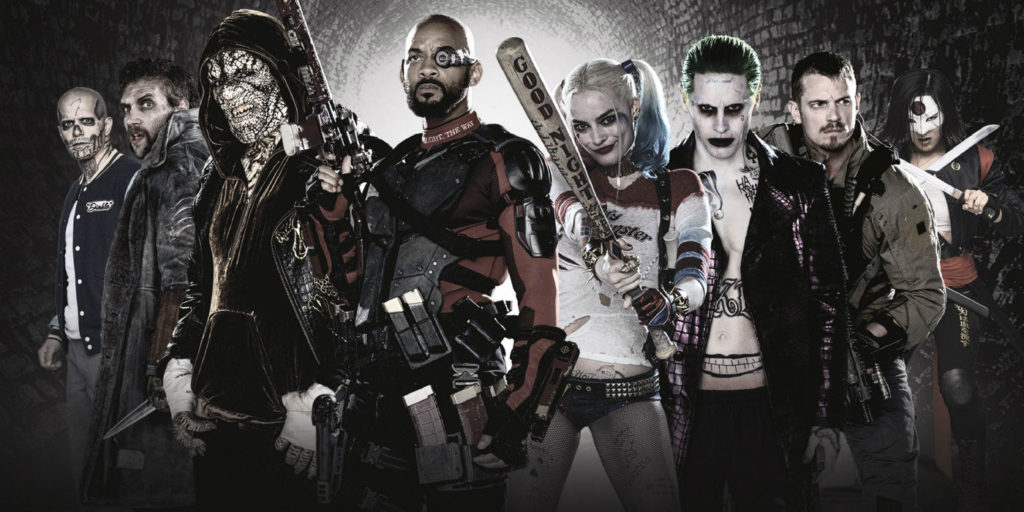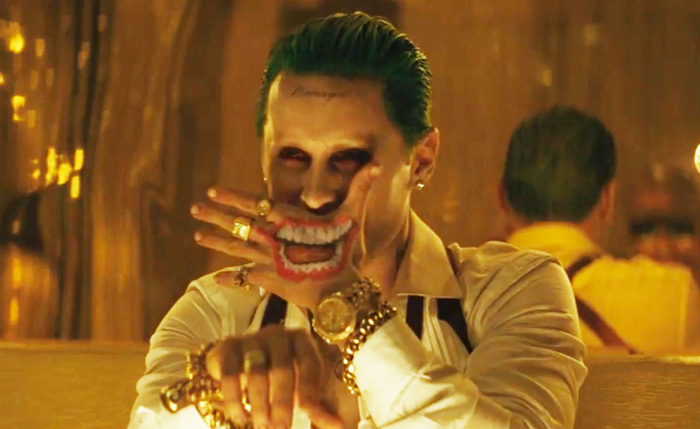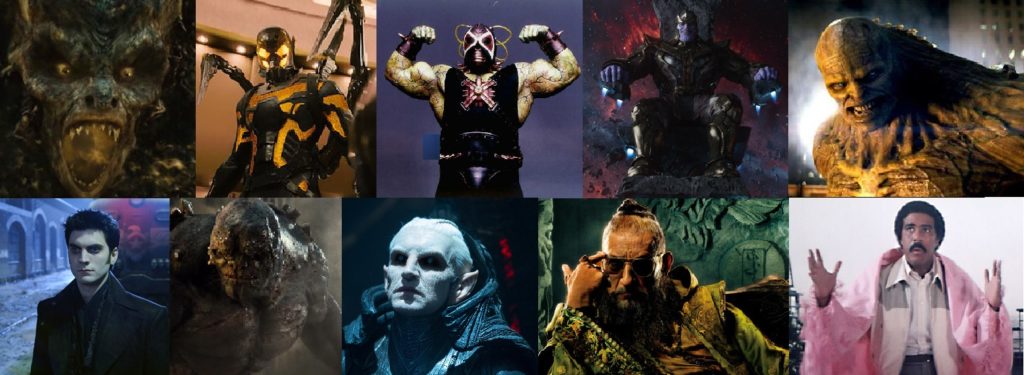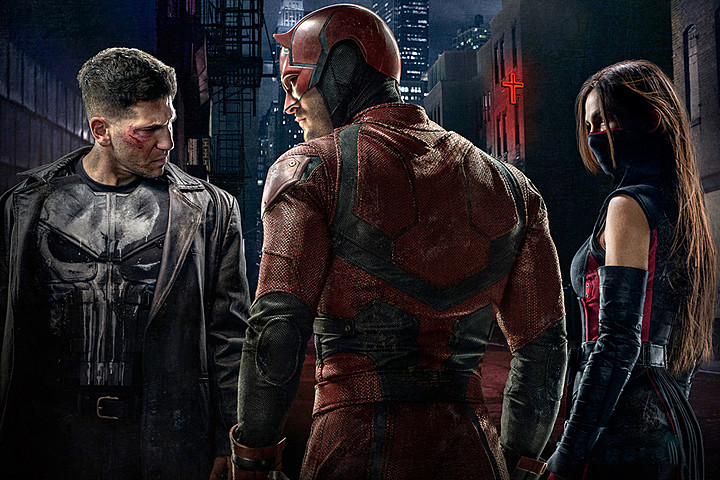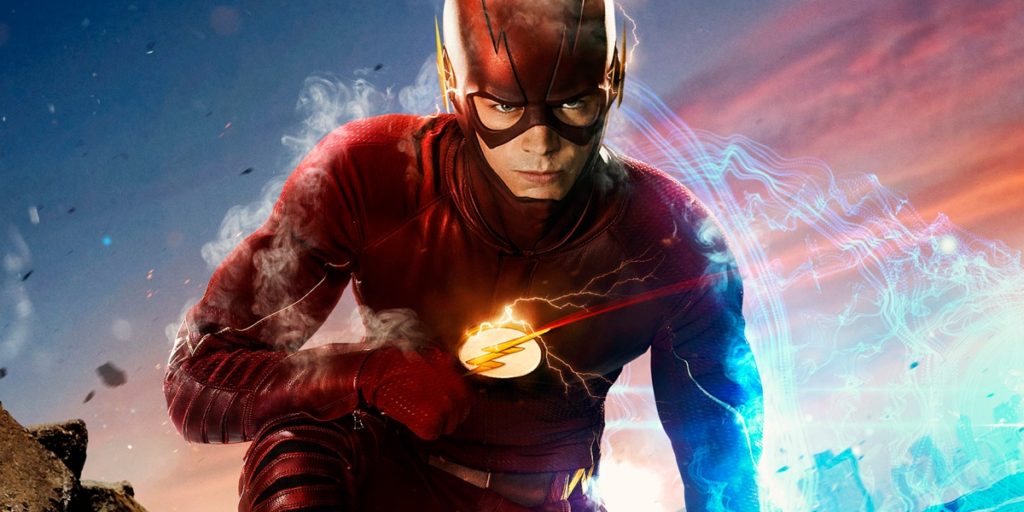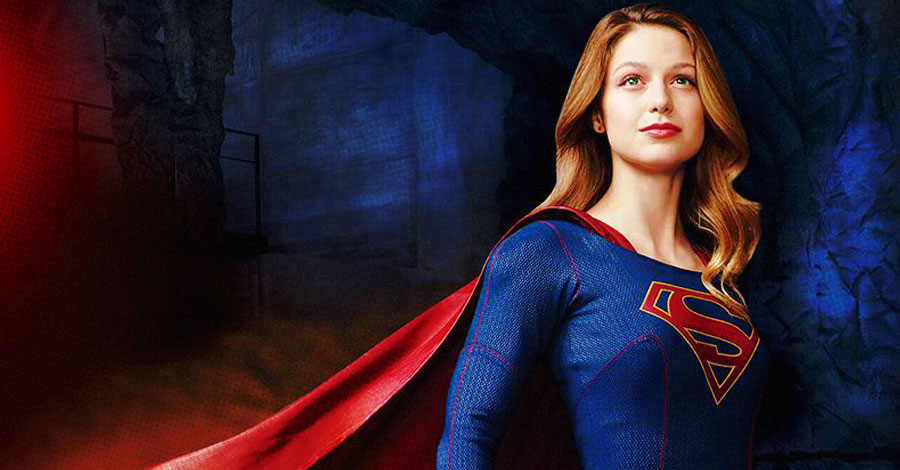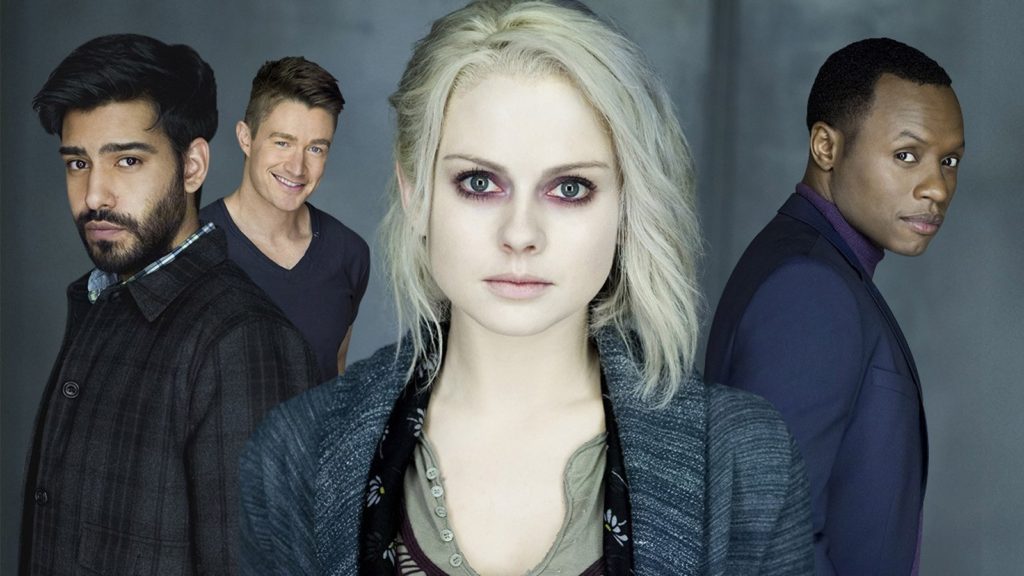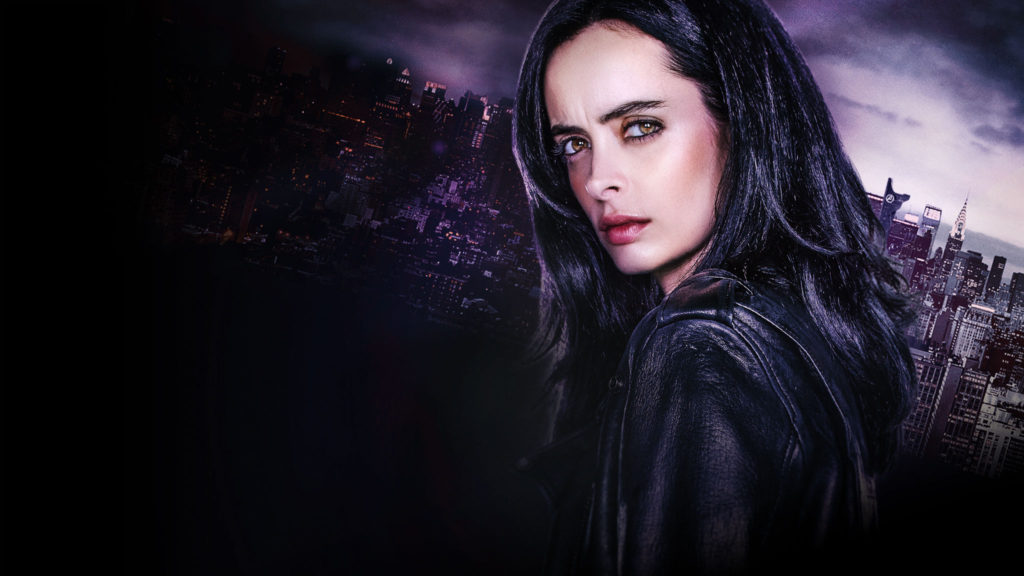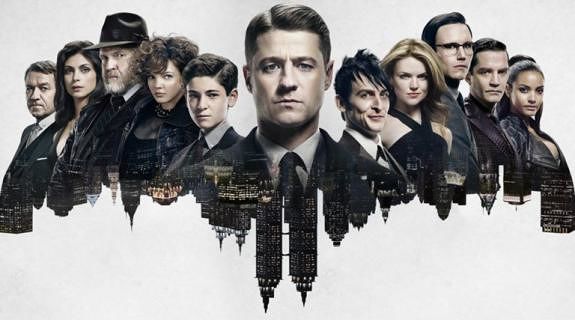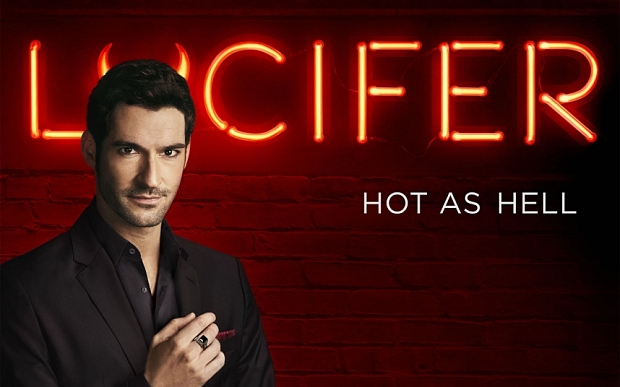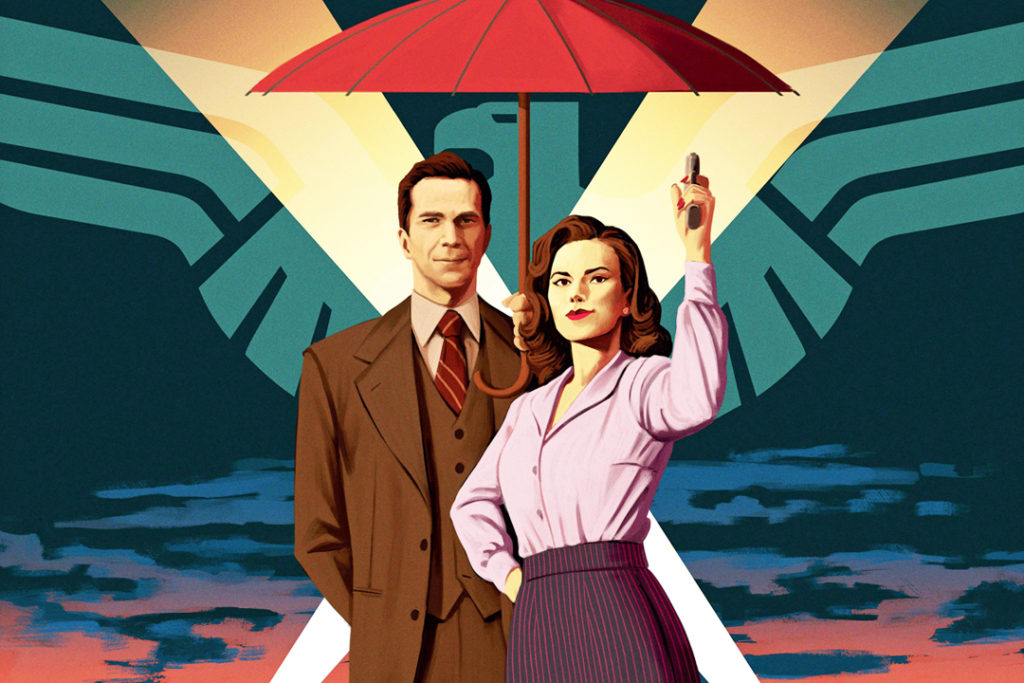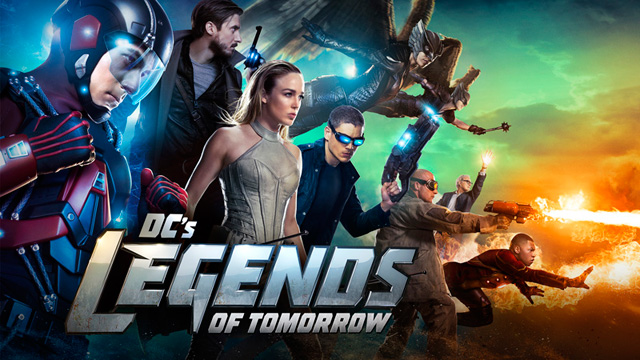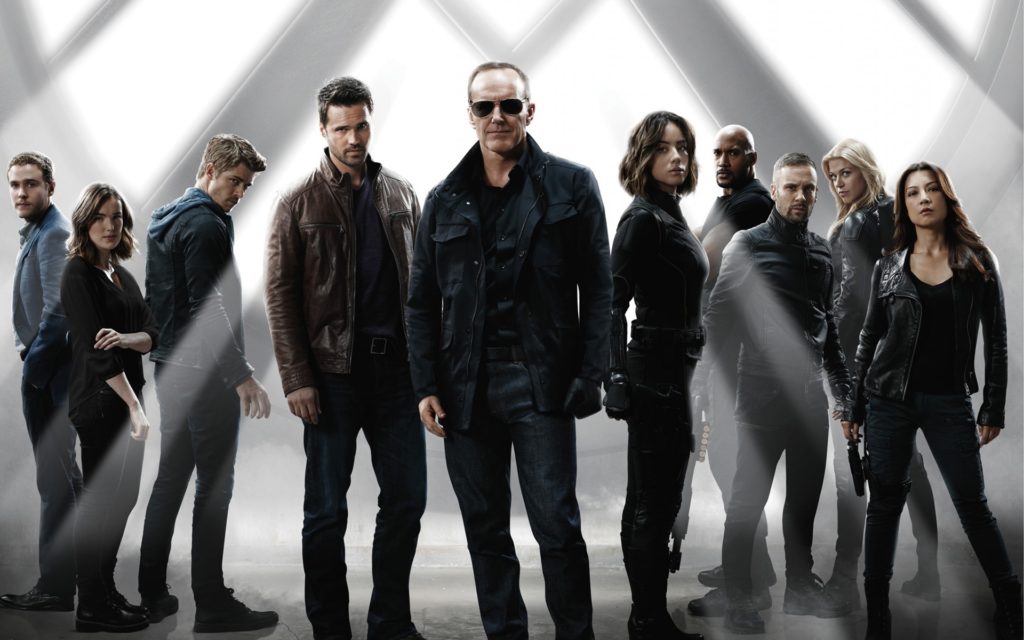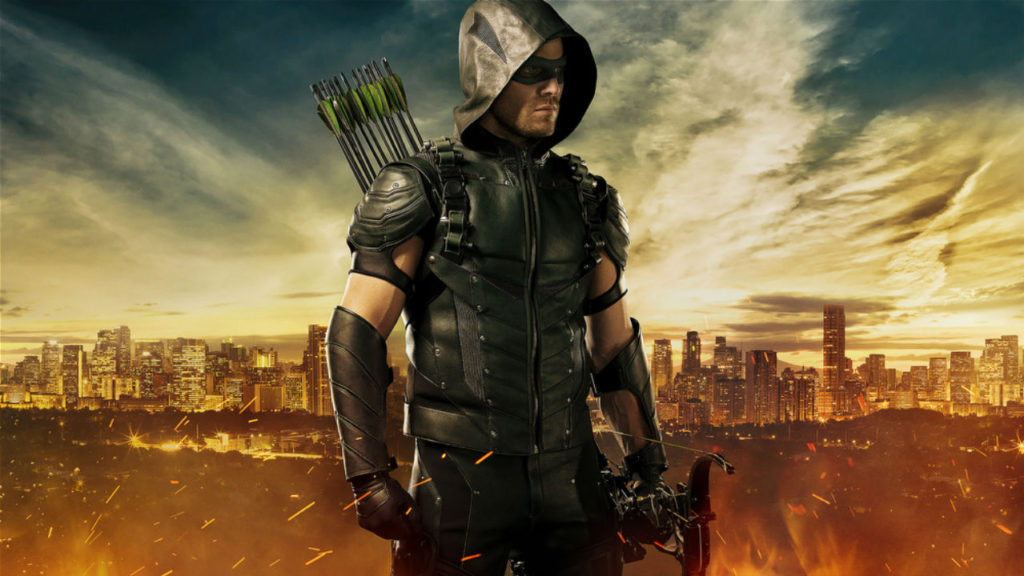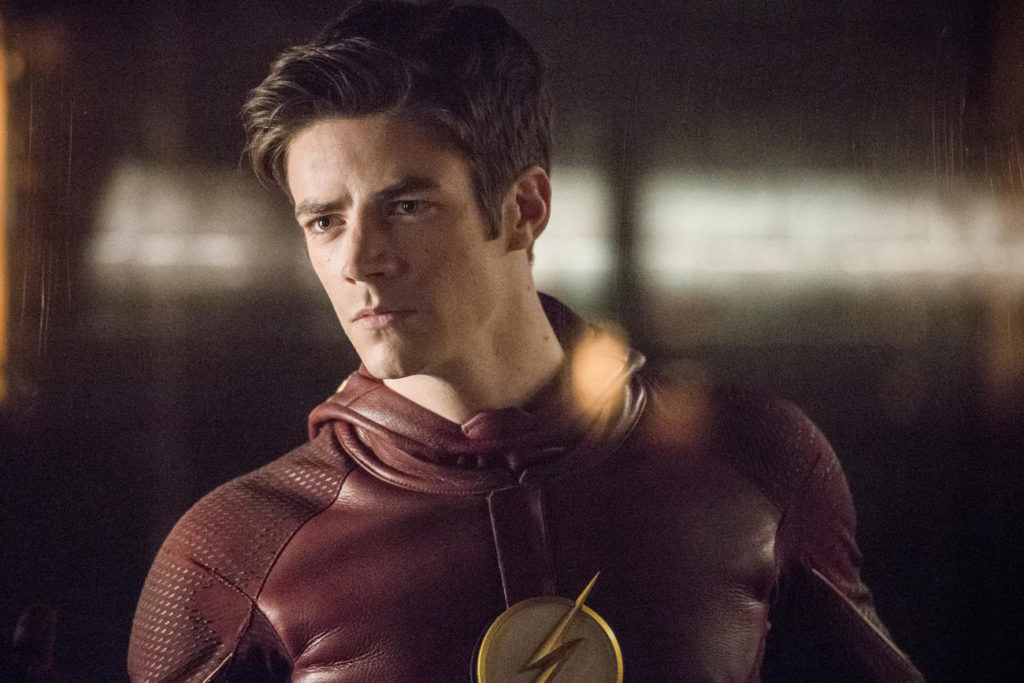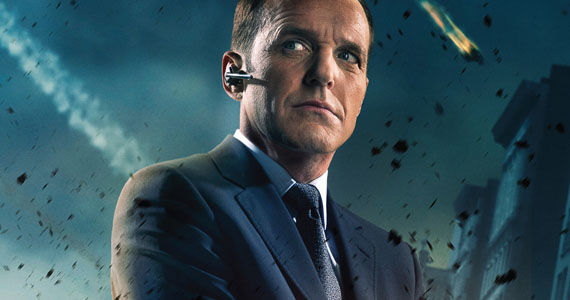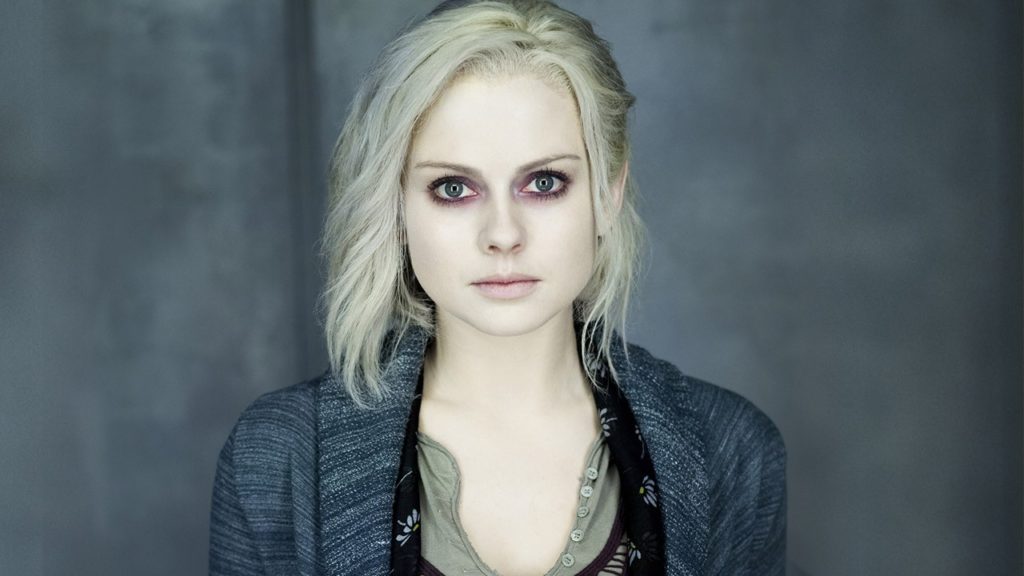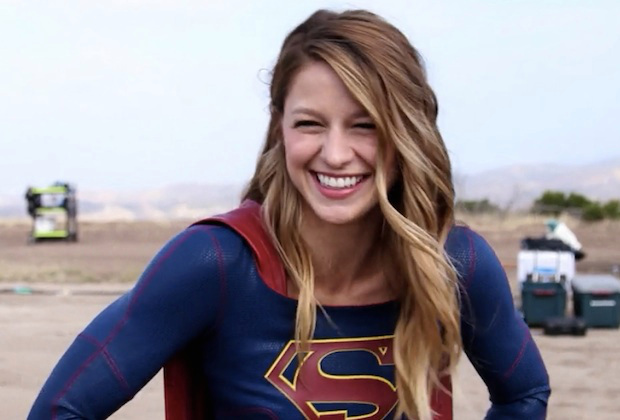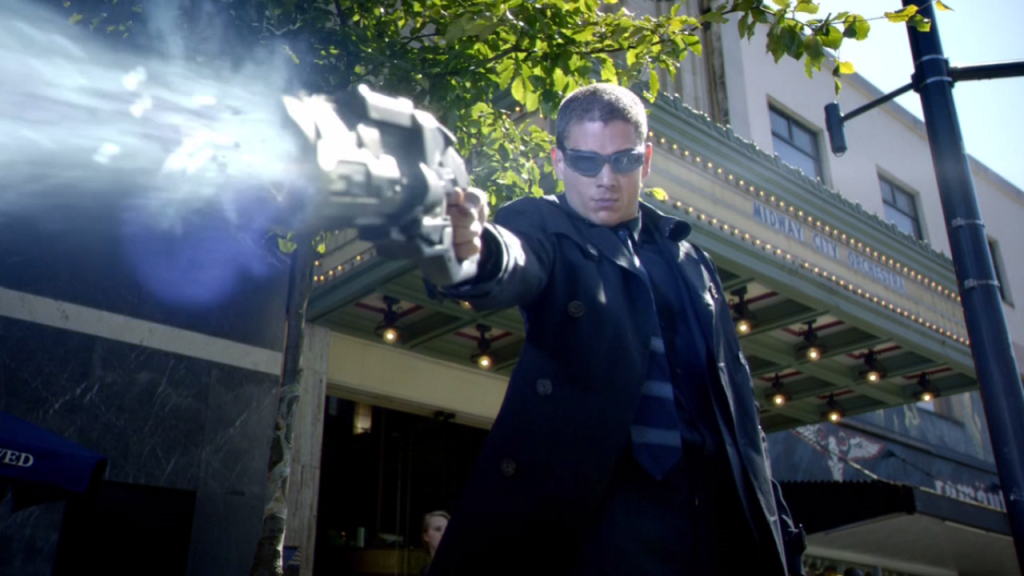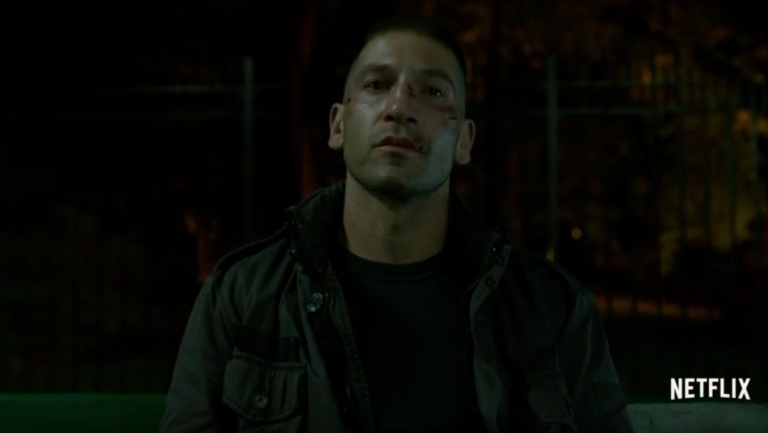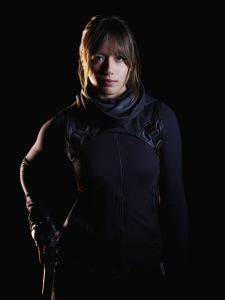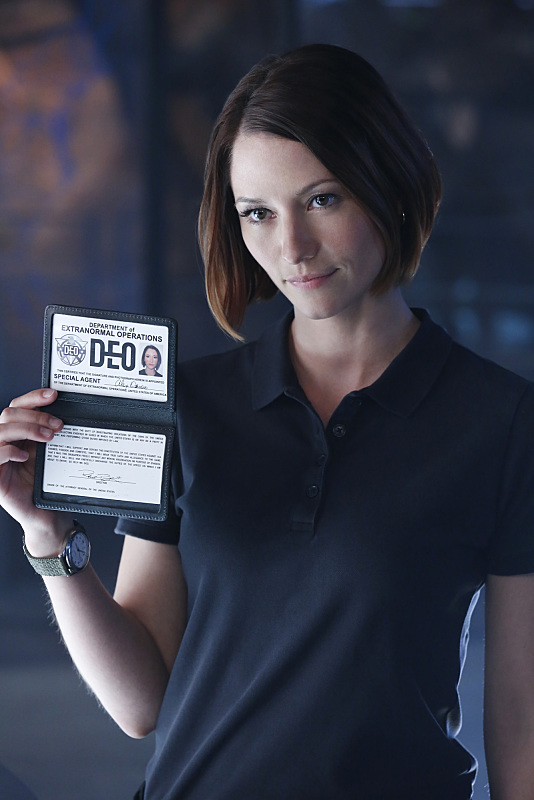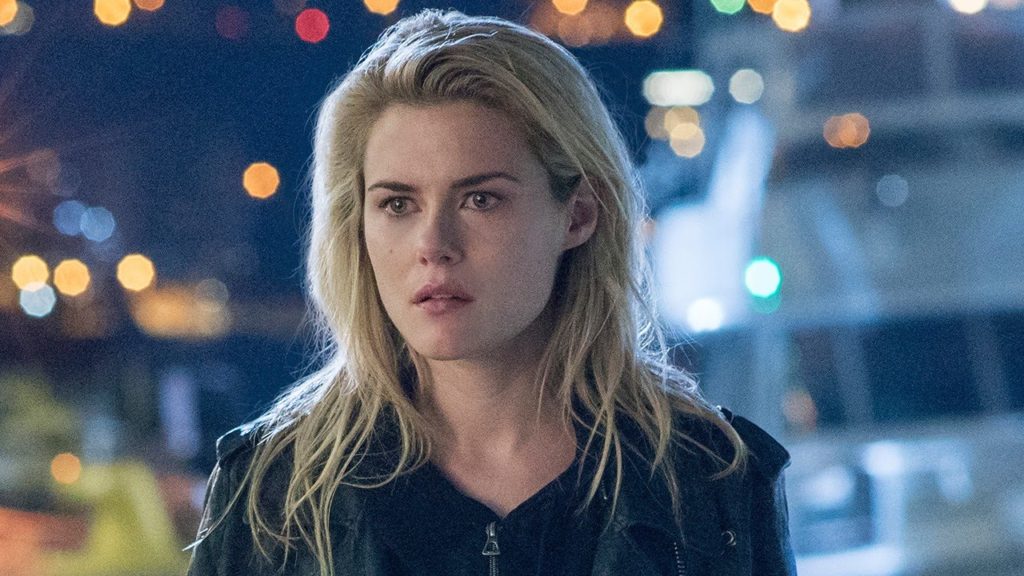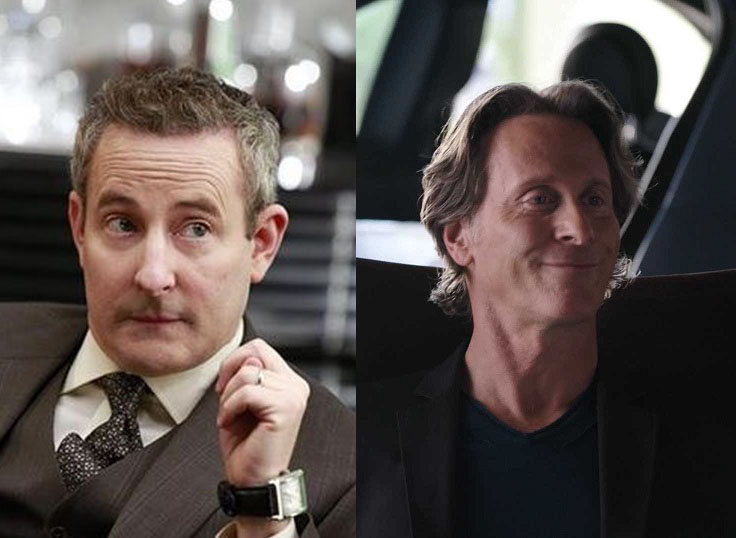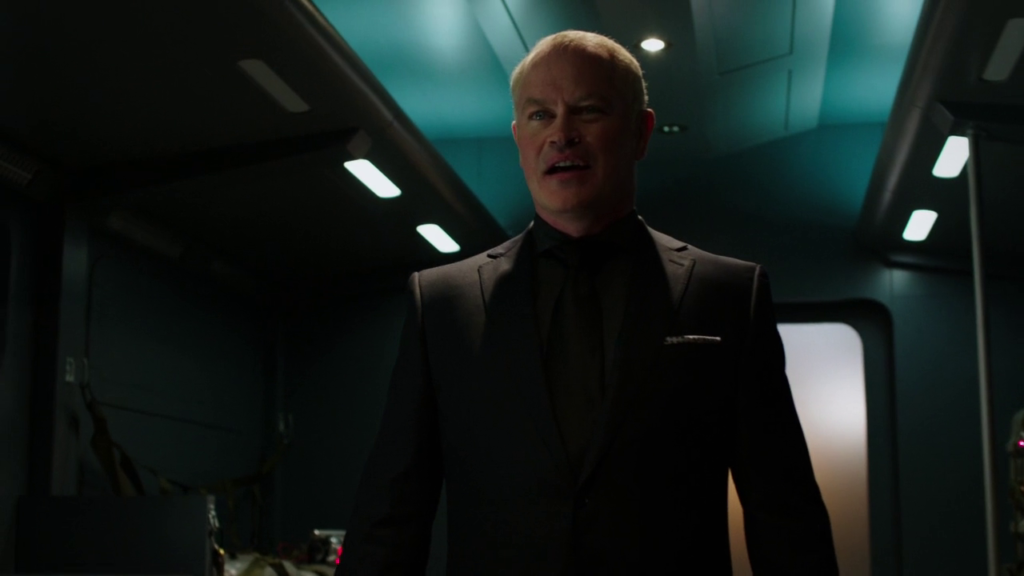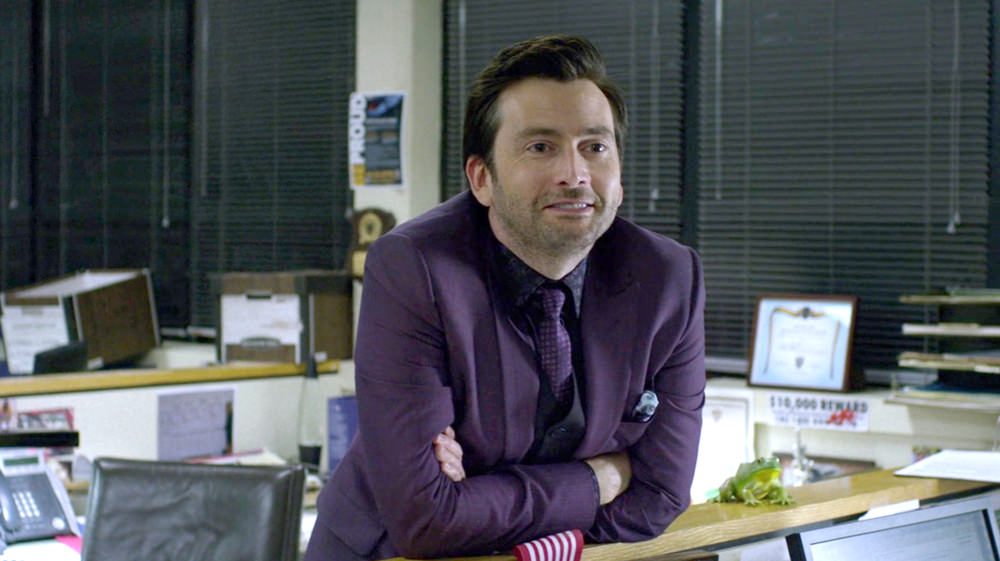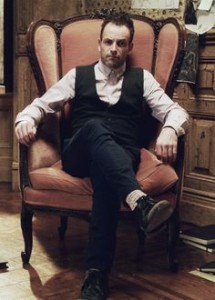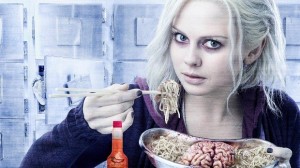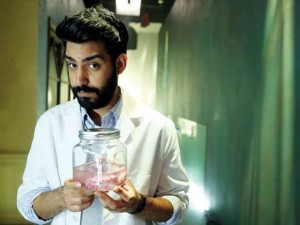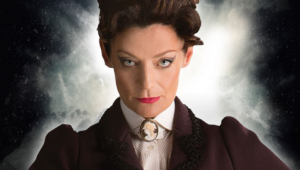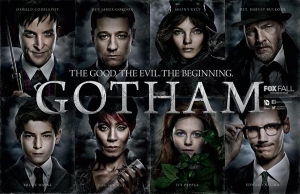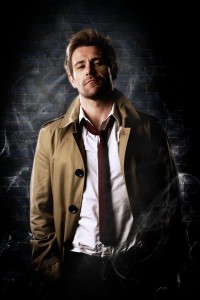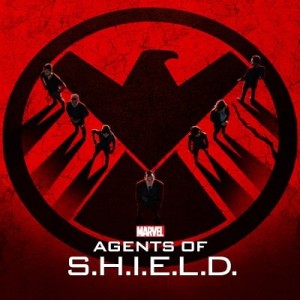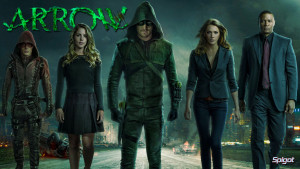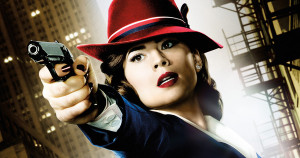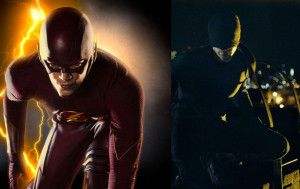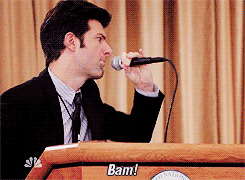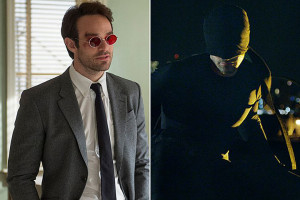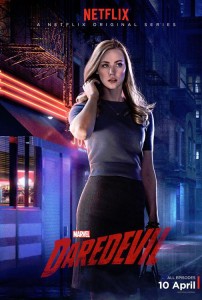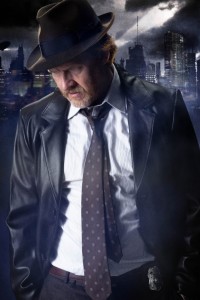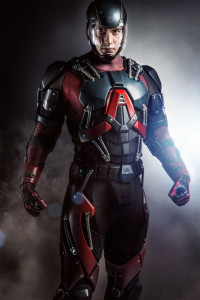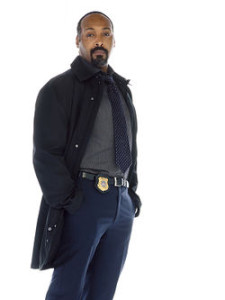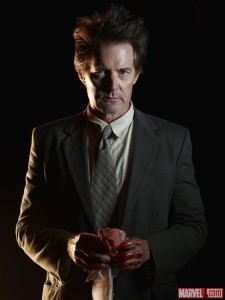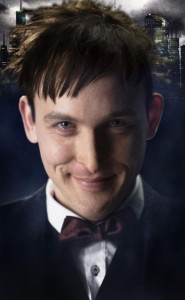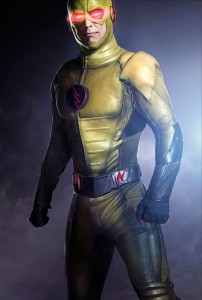We are living in the golden age of geek media. Netflix has five shows and counting devoted to The Defenders, comic book shows are nearly half of the CW network’s lineup, and superhero movies and Star Warses account for something like 98% of US box office revenue at the movies.
But it ain’t all good.
No, this is not going to be the “Dan breaks and denounces Suicide Squad” moment some of my friends have been waiting for. There are just some real issues, some growing problems with certain geek-friendly properties worth discussing. As much as we love them, there are some hard truths to face.
Let’s start with my own field of interest.
Maybe there shouldn’t be a Flash movie
There was a time when Warner Bros. and DC Comics were the kings of the superhero movie genre. But mostly because it was when nobody else was really trying.
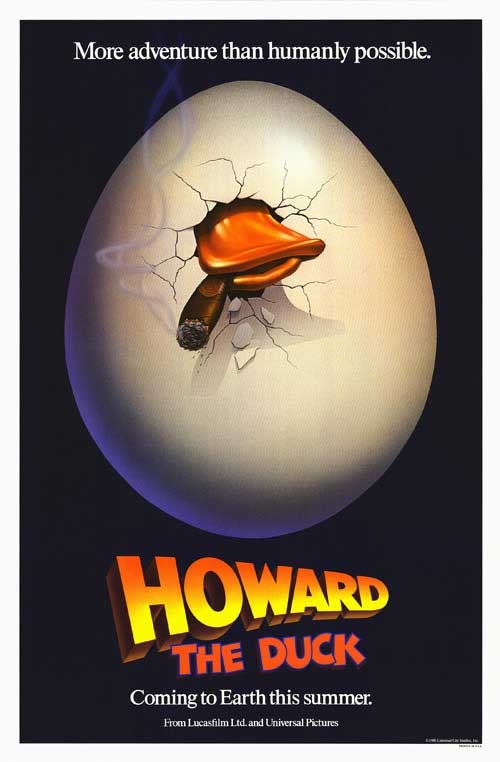
They spent one decade on four Superman movies (two good), one on four Batman movies that start okay, get worse, and end bad enough to almost kill the genre (well, that and Steel), and then started floundering, banking everything on Nolan’s Batman while Green Lantern and what some consider to be the best Superman movie made thus far failed to jumpstart any franchises. Plus Jonah Hex was a trash heap and Catwoman does not belong in this conversation. It’s a rejected Crow reboot that they slapped the word “cat” onto and it should not exist.
Meanwhile, they watched Marvel Studios go from plucky upstart to the most consistently successful film studio in the history of the medium by building a cinematic universe out of their B-list, all leading to The Avengers, which blew the long-awaited Dark Knight Rises out of the water.
Going from kicking Iron Man and The Incredible Hulk’s asses with Dark Knight to being the also-rans in a genre they used to dominate must have stung. Moreso because if they hadn’t been hung up on keeping all of their toys in separate boxes, they could have been doing this over two decades ago.
I kind of picture it like that scene in Brooklyn, where Ailis’ Irish friends are changing under blankets, then see that she just wore her swimsuit under her clothes, and say “Well how long do you think the Americans have known about that? Probably 100 years.” So simple and obvious once you see it done. Surely someone at Warner Bros. saw the road to Avengers and asked “Well why the hell haven’t we done that?” “We felt it worked better not to link up the movies–” “Die in a fire, Ted.”
So they ended up trying to rush their own cinematic universe, attempting a short road from Man of Steel to Justice League. It’s been a rocky journey so far, according to reviews and certain opinions and also all those Razzies Batman V Superman got, but hope exists that they’ll turn it around in coming years. Set visits are generating hope for Wonder Woman, and Justice League… let’s talk about Justice League after Wonder Woman comes out. Or not. We’ll have to see. Their hope is that a successful Justice League movie will drive audiences to solo movies for the rest of the lineup, the same way Avengers managed to convince people to keep watching mediocre at best Thor movies.
But there’s one film that’s having more trouble than anything on their slate.
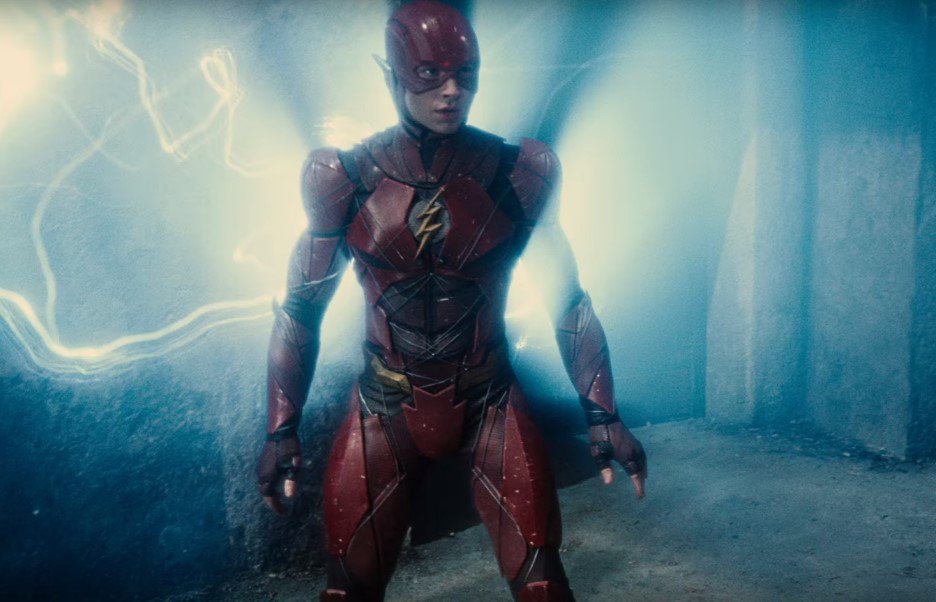
The Flash has already lost two directors and apparently the script has gone back for a page-one remake. It is the very model of a troubled production. And while I don’t know exactly what’s going on over there… I have a guess.
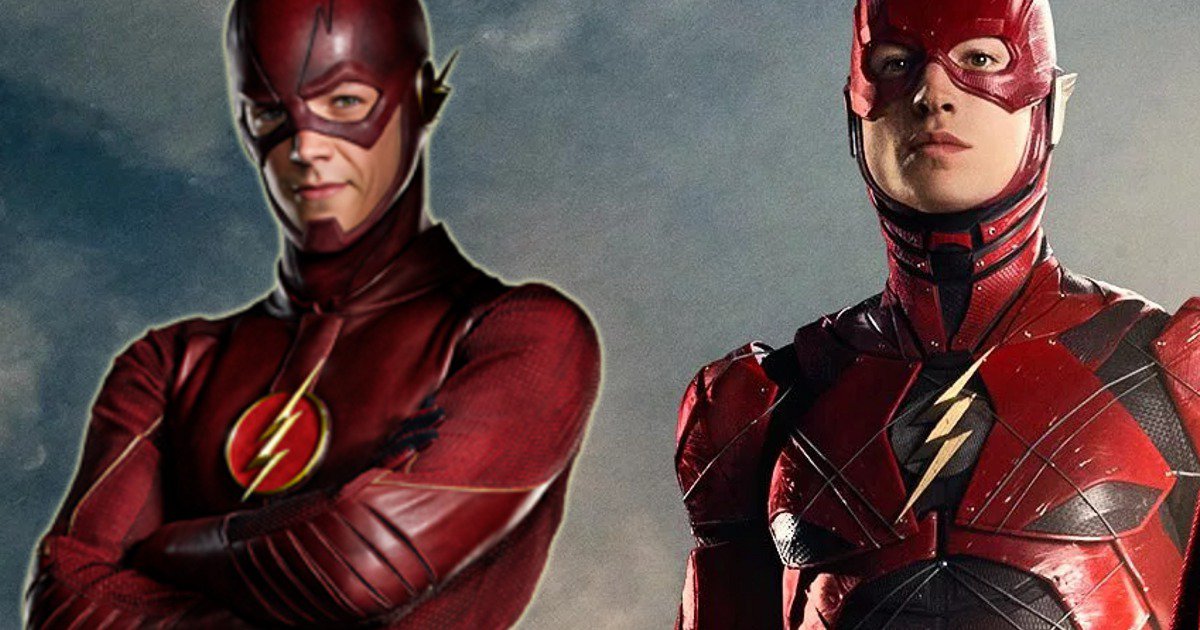
The Flash is already on TV. And doing pretty well. Well enough that it’s the centrepiece (albeit not the originator) of a four-show empire. So this is all speculation, but it seems to me that the Flash movie would end up having to walk a very fine line… too much like the TV show, it’s redundant. Not enough like the TV show, it’s alienating the fanbase they’ve been building for three seasons and counting. And if this is what’s happening, it would mean more studio interference than anything else they’re doing, and yes, that’s going to cost them directors.
So maybe the solution is don’t make the movie.
Any Flash movie is going to have to compete with the TV series’ nigh-perfect first season. The movie would have two hours to tell a story, the show gets 23 (including commercials). The movie could be my first chance to see the Rogues united (the core group have all turned up on the show, but rarely more than two at a time), but Wentworth Miller’s Captain Cold is basically perfect, and I’m at a loss as to how they could do better in the movie. I’m not saying it’s another Heath-Ledger-Joker situation but he is a tough act to follow.
I’m not saying cut the character. Have him in the Justice League, just all over the Justice League. Just maybe Flash doesn’t need a solo movie. Hell, DC has a pretty full slate as it is (while fighting for Warner resources with the Fantastic Beasts franchise), and keeps announcing new projects. The Batman still doesn’t have a release date (and just got a director), and now there’s talk of Gotham City Sirens, solo movies for Nightwing and Deadshot, a Suicide Squad sequel, and talk remains of an actual, proper sequel to Man of Steel.
Pretty ambitious. Sure, the grosses were high last year, but they might wanna get public perception on their side a bit more before they get excited. Maybe see how much Guardians of the Galaxy Vol. 2 outgrosses Justice League by. (Look, I’m enough of a DC fan that no amount of BvS or Suicide Squad smack talk will keep me from opening night of Justice League, but even I’m more excited for Guardians.)
But if they have all these movies they want to make, maybe it’s time to drop the one they clearly don’t know how to make. I mean, Marvel doesn’t make solo movies for everyone. Ask Jeremy Renner and Scarlett Johansson.
In fact, let’s talk Marvel.
Maybe Marvel’s “Everything’s Connected” isn’t working
Ever since Nick Fury popped up after the credits of Iron Man saying “Avengers Initiative,” the key element in Marvel’s success is the idea that all of their film and television properties share one universe, and that they’re all connected. You watch Thor because stuff they do there will pay off in the next big team-up movie.
I mean, you don’t watch Thor movies for fun. That’s just crazy.
But the more they expand into other media, the more cracks are starting to show in the facade.
There’s the little stuff in the movies. The “Why do no Avengers care that terrorists just blew up Tony Stark’s house and then kidnapped the president” or “So after learning that SHIELD was infiltrated by Hydra, the only person Captain America calls for backup is the guy he met while jogging” stuff. But this is nothing new. It’s basic nitpicking comics fans have been dealing with for decades. And two out of three of the big team-up movies have done a fine job smoothing those wrinkles over.
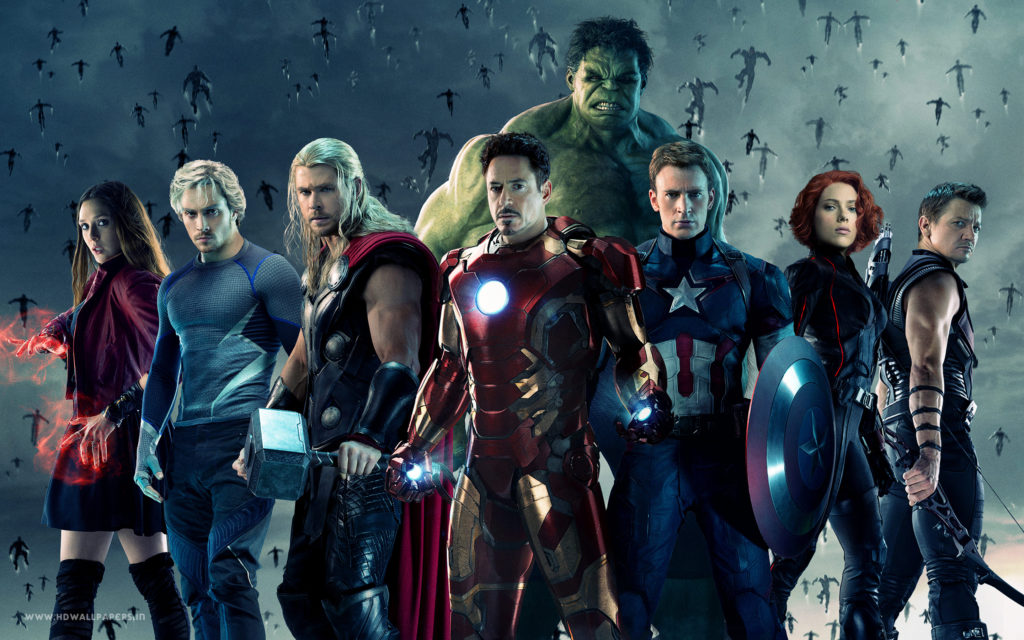
But it doesn’t stop there.
The obvious example is Agents of SHIELD. Marvel’s first foray into TV, it was pitched as the connective tissue between movies, but it isn’t. Despite every shoehorned reference Agents of SHIELD makes to the movies, it just isn’t. Whether it’s the feud between Marvel Studios head Kevin Feige and his ex-boss, Marvel Entertainment head Ike Perlmutter, or some other nonsense reason, it’s abundantly clear that the film division does not care about Agents of SHIELD even a little. From destroying their very premise in Winter Soldier to their refusal to say the word “Inhuman” to the fact that none of the Avengers have noticed Coulson isn’t dead, the film branch has straight-up ignored everything and anything about Agents of SHIELD.
And now there’s an Inhumans series on the horizon. The Inhumans have been a key part of Agents of SHIELD for three years now, but as of this writing, the Inhumans show has given no indication they’ll connect or cross-over with SHIELD. They have made it clear that this show will not be an Agents of SHIELD spinoff. So their only announcement in regards to what should be their sister show was to distance themselves from it. If another Marvel show on the same network won’t even acknowledge Agents of SHIELD, then is it not time to ask just how exactly “Everything is connected?”
We’re still on that topic but here’s a header to break things up
There’s also Marvel Netflix. Marvel’s Netflix shows are trying to do the Avengers process in the TV format: five seasons of four shows, all leading up to The Defenders this fall. And they’ve been good, for the most part… Daredevil’s second season and Luke Cage’s debut season fell apart in their second halves, but overall they’ve been good. And we’re certainly told that they’re all in the same universe as Captain America, Asgard, and the talking, gun-toting raccoon we all love.
That’s what we’re told.
One of my pet peeves about Marvel Netflix is that while the DCW-verse delights in comic-booky concepts like time travel and alternate Earths and rampaging super-strong hyper-intelligent telepathic gorillas, the Marvel Netflix shows seem to resent being based on comics. Sure, all of their protagonists have super powers, but they mostly stick to grounded, realistic threats (save for one mind-controlling psychopath whose arc was still rooted in very real abuse issues, and one ninja cult story that doesn’t actually make any sense). They have Easter egg references to old Power Man and Jessica Jones comics, but treat them like baby pictures your mother pulled out to show your date.
More than that, they seem to be actively ashamed of being part of the MCU. They will begrudgingly acknowledge the climax of Avengers, but in the vaguest possible terms. Seriously, “The Incident?” The city/country that treats the phrase 9/11 with sacred reverence (except when they don’t) would really call an honest-to-god alien invasion repelled in part by the literal Norse god of thunder something as basic and generic as “The Incident?” What are they, British? And that’s the only reference they’re willing to make. Nothing from any other movie, save for being the only people who seem to remember Hammer Industries from Iron Man 2.
Right. There’s gonna be too much. Time for a “The Defenders Ain’t Care About the Avengers” speed round.
- We’re two years in and I’ve yet to see Stark/Avengers Tower in the New York skyline.
- The New York DA starts a crusade against vigilantes, and her main targets are the Punisher (sure) and licensed private detective and one-time-vigilante Jessica Jones. No mention of Inhumans, the Sokovia accords, or freaking Spider-Man. Any of which would be totally germane to the conversation.
- Aliens invade New York, Asgard exists, Captain America came back from the dead… but New Yorkers still consider mind control too impossible to swallow? For real?
- For all Luke Cage has to say about the history of Harlem, that time Hulk and Abomination wrecked the place sure doesn’t come up.
- They talk about the Avengers like they’ll get sued for using the names. “The flag-waver.” “The green guy.” “The blonde dude with the hammer.” You know his name is Thor.
- None of these people will be in Infinity War. We’d have heard by now.
On top of all of that, they have all the “how does this fit together, where was so-and-so during all of this” issues of the movies, only worse, because they’re all operating within a quick walk from each other. “The Defenders Ain’t Care About Each Other” speed round!
- If Luke Cage reduced to washing dishes and sweeping floors under the table because he’s on the run from the cops, how is it he owned a bar when we first met him? A bar named after him!
- I get Luke not wanting to call Jessica for help, things ended poorly between them, but when Luke Cage is being publicly smeared by his enemies, she doesn’t even take an interest?
- When Luke Cage is in a hostage situation and being framed by the man behind it, she doesn’t call her friend the defense-lawyer vigilante, despite him needing both of those things.
- Actually, why should she even need to call Daredevil? There was a very public hostage crisis involving a superhuman criminal (as far as the outside world knew), a five minute drive from Daredevil’s house, and he doesn’t swing by? Daredevil doesn’t care about black people.
Okay, sure, they can’t cross-over all the time. It would dilute how special The Defenders is. Probably is. Hopefully will be. And it’s not like Flash and the Green Arrow are constantly popping back and forth, Barry only zips over to help Oliver two, maybe three times a season, but a) the DCW-verse still connects far more often than Marvel Netflix, and b), and this is the important part, Flash and Arrow take place in cities 600 miles apart. All five Marvel Netflix shows take place in New York. No, on the island of Manhattan. New York’s geographically smallest borough. Do not tell me that Daredevil only patrols Hell’s Kitchen, Hell’s Kitchen is two square kilometers, you could walk around it in an hour.
These days the “shared universe” has more holes per yard than chainmail. You can say everything’s connected all you like. But unless it actually connects at some point, it’s all just empty marketing rhetoric. Maybe having one universe for film and one for TV just works better.
Maybe these live-action Disney films are kinda pointless
The problem with doing anything successful is that Hollywood will learn the wrong lesson fast enough to make your head spin. Deadpool and Logan were big hits and critically adored? Suddenly everyone’s looking to make R-rated superhero movies like that was the secret ingredient. Sure thing, DC, people had issues with BvS and Suicide Squad because they weren’t dark and violent enough. That was the problem.
Disney can be particularly bad for this. The wrong lesson thing, I mean. Maleficent was a hit, so they started kicking around other Disney villain origin movies. Don’t get excited. I’m about to explain why that’s bad. Maleficent worked because the idea that the witch from Sleeping Beauty was driven to cursing princesses by a dark and tragic backstory has merit and meat to it. The follow-up with the most traction? Cruella De Vil. The puppy-murdering villainess so lacking in complexity or subtlety they named her “Cruel Devil.” Is anyone really curious what turned Cruella on to puppy coats? Anyone? Was that a question needing answering?
And if that weren’t a bad enough idea to blow all of your Marvel/Star Wars profits on (it is), there is the other trend of making live-action remakes of the classic cartoon. Last year was Jungle Book, this year is Beauty and the Beast, and there’s more coming. But they’re getting dumber as we go along.
Jungle Book at least did something different. Sure they had all the same characters and hit all the story beats but in a different way. I think. Pretty sure. King Louie certainly seems different. But Beauty and the Beast? Every bit of promotion is based around how similar it is to the animated version. Same sets, same costumes, exact same songs. Is this just a shot-for-shot remake with live actors and terrifying CG clock-people? Is that… is that necessary? I mean Hollywood is choked with remakes and reboots as it is, making carbon copies of easily accessible films from the 90s is just making it worse.
Also… “live-action Lion King?” How. How is that live-action. You’re not training lions and having them act it out. No amount of training can make a meercat, a warthog, and a lion hang out and sing Hakuna Matata. It’s not live action, it’s a CG version with some new voices. They’re still using James Earl Jones as Mustafa. Which, sure, there’s no replacing him, but are we entirely sure they’re not just reusing the same audio?
In short. Words have meanings, and this new Lion King will be about as much “live-action” as Monsters Inc.; and if you’re going to remake a movie, do something with it. Make it new. Don’t just re-skin it.
Honestly, thought we learned this with Gus Van Sant’s Psycho.

